 As a Wisconsin Partnership Plus EN, I cannot stress enough the value of having this relationship with our state Vocational Rehabilitation (VR) agency. Partnership Plus is a win-win-win: it’s a win for the ticketholder as they get seamless services transitioning from VR to an EN while working; it’s a win for the state VR agency because of the performance measures under the Workforce Incentives and Opportunity Act also known as WIOA (tracking retention and earnings post-closure); and it’s a win for the EN to continue to have referrals coming in to grow and sustain our programs and services. While not every state has or supports Partnership Plus, there are ways you can implement some of the best practices into your services and outreach to other community organizations.
As a Wisconsin Partnership Plus EN, I cannot stress enough the value of having this relationship with our state Vocational Rehabilitation (VR) agency. Partnership Plus is a win-win-win: it’s a win for the ticketholder as they get seamless services transitioning from VR to an EN while working; it’s a win for the state VR agency because of the performance measures under the Workforce Incentives and Opportunity Act also known as WIOA (tracking retention and earnings post-closure); and it’s a win for the EN to continue to have referrals coming in to grow and sustain our programs and services. While not every state has or supports Partnership Plus, there are ways you can implement some of the best practices into your services and outreach to other community organizations.
Partnership Plus (+)
The Ticket Program counts a successful handoff if the ticket holder assigns their ticket to a Partnership Plus EN within 90 days of VR case closure. A ticketholder can assign their ticket to an EN if they are in current pay status with Social Security or within 90 days of VR case closure or EN unassignment. This 90-day extension period to assign their Ticket after VR case closure or EN unassignment is available regardless of their benefit status with SSA. If a ticket holder’s benefits are in suspense and they are beyond the 90-day extension period, their ticket will be unassignable.
It is important to share these timelines with your partners to ensure that a ticket holder can use their ticket with an EN. Timely assignment of a Ticket allows ENs to provide services and supports to a ticketholder anywhere from 3 to 5+ years depending on their benefits and work history. If your agency has ever had to tell someone that while they have a ticket for the Ticket to Work Program, they are not able to use it (aka ticket is not assignable)- you understand the disappointment this brings to ticket holders. The key to avoiding that situation is to educate!
What do I mean when I say community partners? Here are some examples:
-
Community Rehab Providers (CRPs)
-
Long-term care providers
-
Independent Living Centers (ILCs)
-
Aging and Disability Resource Centers
-
American Job Centers
Engage with community partners to:
-
Determine when someone’s ticket is available to use and the sense of urgency in referring.
-
Respond promptly to inquiries about the Ticket Program- ticketholders, family members, VR counselors or other professionals.
-
Create a referral process. Make it easy for people to refer and be referred to your program/agency.
-
Release of Information (ROI)—have the ticket holder sign a ROI when appropriate for coordination of services.
-
Close the loop— (with ROI) communicate when someone is enrolled with your Ticket to Work services, when appropriate.
Partnerships are a two-way street. You should also inquire what your community partner does, how they work with individuals, what their referral process is, and other key service details.
Do you have other tips on partnering? If so, email me- I’d love to hear them!
Lastly, I wanted to address a few common misunderstandings about the Ticket Program:
-
An SSDI beneficiary who is 64 can use their Ticket with an EN. If their Ticket is assigned while they are age 64, they can utilize their Ticket with an EN until they reach their full retirement age or until their Ticket is exhausted, whichever comes first.
-
Rules about how benefits are affected by work are the same whether someone is using their ticket or not. The Ticket Program provides additional options for employment services and medical review protection if someone is making Timely Progress.
What other myths about the Ticket program and/or working on benefits do you hear often?
All the best,
Sarah Lyngdal, NENA Secretary
Employment Resources, Inc. (ERI PLUS)
